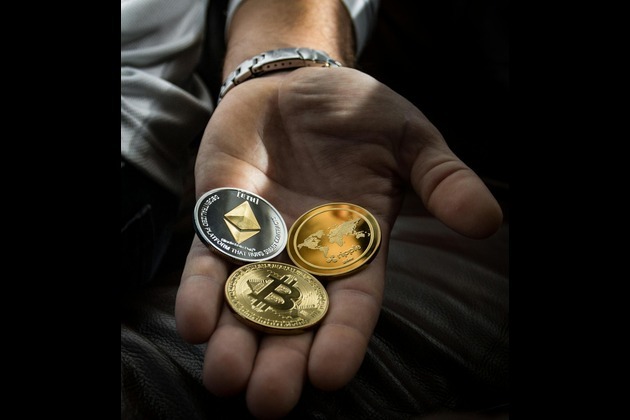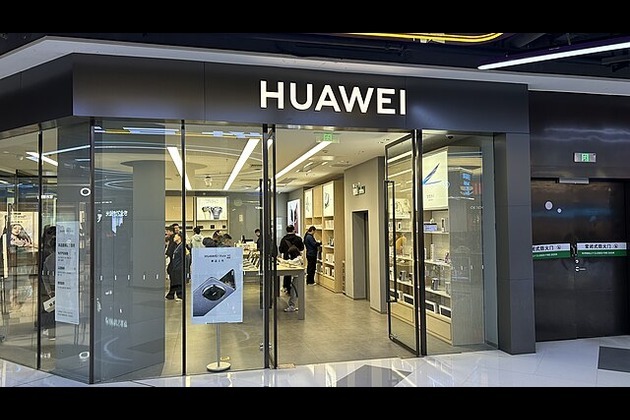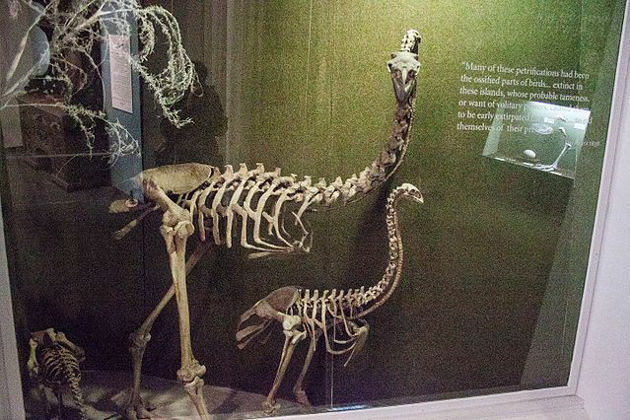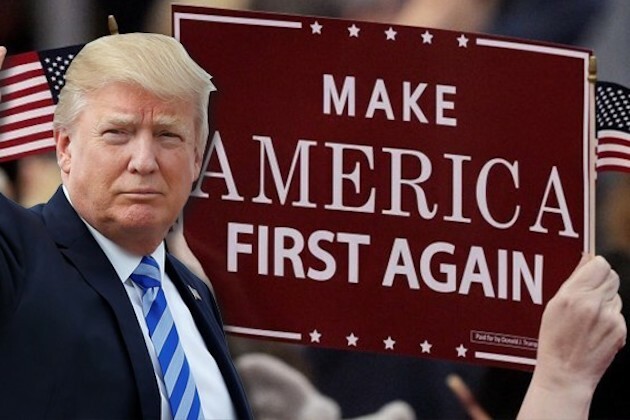Young Muslim women in Ghana feel stereotyped and judged: why it matters
The Conversation
25 Jul 2021, 14:12 GMT+10
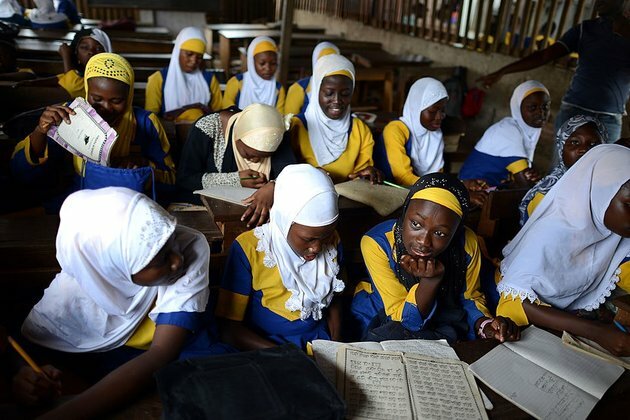
Since the 9/11 attack on the World Trade Centre in New York, western media have consistently questioned whether being Muslim sits well with the ideals of democratic citizenship. Young Muslim males are often demonised as potential terrorists and female Muslims are singled out for critique for their dress. In France, for example, veiled Muslim women are often vilified for the explicit demonstration of their religion and failing to embrace "secular", "republican" values. Such exclusionary practices risk alienating young Muslims.
These naïve stereotypes provoked us to explore perspectives of national and religious identity in the Muslim-minority context of southern Ghana. We asked young Ghanaians what their national and religious identities meant to them, how they saw them in relation to each other, and how gender was relevant to both.
We had discussions with separate groups of young males and females in higher education and senior high school. What they told us about their experiences suggests that the curriculum should be reformed to address gender and religious biases. This would mean not only changing the content of what's taught but also how gender is enacted in the classroom.
Islam in Ghana
Ghana has been a republican secular democracy since gaining independence from Britain in 1957. Following periods of instability and military rule, democratic government has prevailed over several successive political rotations. Following missionary activity during colonial times, most Ghanaians in the south are Christian. Islam is the dominant religion in the north.
Largely because of colonial expansion of commerce and western education in coastal regions, poverty levels have been consistently higher in the north than the south, and education outcomes are lower. The Muslim population in the south is complex. It derives largely from migration, including Ahmadi Muslims who came to Ghana during colonial times, and conversions to Islam.
Overall, although Ghana has not been affected by religious conflict, the ways youth from the Muslim minority relate to their nation is an important question, particularly given the involvement of Islamic militants in kidnapping and violence in other African nation-states.
Read more: Why we did it: the Kenyan women and girls who joined Al-Shabaab
Read more: Why insurgent groups in northern Nigeria continue to kidnap school children
Marginalised as young Muslim women
The young women in our research told us they were proud of Ghana's record as a peaceful, democratic country and were strongly committed to their nationality as Ghanaians. Strikingly, however, their depictions of the ideal Ghanaian woman and man were strongly gendered. Almost all their national heroes were male icons in the public domain, whereas the ideal Ghanaian woman was described as "taking care of the house, the kids and other family matters".
Another participant commented that "the ideal Ghanaian woman brings up her children very nicely in a very godly manner". Clearly, religious values were also important in the ways they imagined the ideal Ghanaian woman.
When outside the family, women's propriety was under constant scrutiny, particularly for the ways they dressed:
Such judgements reflect traces of colonialism. Women's dress was an important marker of the success of Britain's "civilising mission" and integral to Ghana's post-colonial "anti-nudity" campaigns.
Importantly, Islamic dress clearly sat outside Ghana's westernised ideals of dressing. Participants discussed how wearing the veil could mark them as "weird". Alongside objections to their dress, their religious practices such as praying had also been prohibited or obstructed in both schools and workplaces.
While the young women were strongly committed to their identities as Muslims and Ghanaians, they also reported being confronted with negative stereotypes that associated Islam with violence. This left them feeling judged and belittled:
At the same time, senses of "otherness" and marginalisation were apparent not only between Christians and Muslims, but between those from different Muslim communities. This was especially the case for young women from the Ahmadi communities and those who had converted - both were regarded as not being "proper" Muslims.
Overall, despite Ghana's commitment to republican democracy, young Muslim women in this research did not always feel valued as Ghanaian citizens. From their stories, some had experienced marginalisation and exclusions in schools and workplaces, as well as within Ghana's different Muslim communities.
Policy and research implications
Our research shows there's more to Muslim youth than the stereotypical depictions. Given the importance of schooling in the production of national identities, curricula and educational practices should take account of this.
More qualitative research is also needed into the intersections of nation, religion, ethnicity, gender and education in different contexts of Ghana. It is important to explore the voices of youth in Muslim-majority contexts in the north, and in the Muslim communities known as "zongos" in urban contexts of Ghana.
Authors: Barbara Crossouard - Reader in Education, University of Sussex | Christine Adu-Yeboah - Associate Professor, Higher Education and Teacher Education, University of Cape Coast | Eric Ananga - Lecturer, International Education and Development, University of Education | MУТЁirУТЉad Dunne - Professor of Sociology of Education, University of Sussex | Vincent Adzahlie-Mensah - Senior Lecturer, Social Studies 
 Share
Share
 Tweet
Tweet
 Share
Share
 Flip
Flip
 Email
Email
Watch latest videos
Subscribe and Follow
Get a daily dose of Tennessee Daily news through our daily email, its complimentary and keeps you fully up to date with world and business news as well.
News RELEASES
Publish news of your business, community or sports group, personnel appointments, major event and more by submitting a news release to Tennessee Daily.
More InformationBusiness
SectionBitcoin soars to a record on Trump policies, institutional demand
NEW YORK CITY, New York: Bitcoin surged to a new all-time high this week, buoyed by growing institutional interest and a wave of pro-crypto...
Huawei eyes new buyers for AI chips amid U.S. export curbs
SHENZHEN, China: As global chip competition intensifies, Huawei Technologies is exploring new markets in the Middle East and Southeast...
U.S. food prices at risk as Brazil tariff hits key imports
LONDON/NEW YORK CITY: American grocery bills may be headed higher as coffee and orange juice prices face upward pressure from new tariffs...
WK Kellogg sold to Ferrero as food giants chase shelf power
BATTLE CREEK, Michigan: In a major consolidation of iconic food brands, WK Kellogg has agreed to be acquired by the owner of Ferrero...
Filmmaker joins biotech effort to bring back extinct giant bird
WASHINGTON, D.C.: Filmmaker Peter Jackson's lifelong fascination with the extinct giant New Zealand flightless bird called the moa...
India seeks WTO nod for retaliatory tariffs on US
NEW DELHI, India: India has submitted a revised proposal to the World Trade Organization (WTO) in Geneva to implement retaliatory tariffs...
US
SectionSources: Meta won’t alter data model, faces fresh EU charges
BRUSSELS, Belgium: Meta is holding firm on its controversial pay-or-consent model, a move that could lead to fresh antitrust charges...
Bitcoin soars to a record on Trump policies, institutional demand
NEW YORK CITY, New York: Bitcoin surged to a new all-time high this week, buoyed by growing institutional interest and a wave of pro-crypto...
Trump’s tariff push could push US rates above 20%, ICC says
LONDON, U.K.: American consumers and businesses could soon face the highest overall tariff burden in more than a century, according...
Huawei eyes new buyers for AI chips amid U.S. export curbs
SHENZHEN, China: As global chip competition intensifies, Huawei Technologies is exploring new markets in the Middle East and Southeast...
U.S. food prices at risk as Brazil tariff hits key imports
LONDON/NEW YORK CITY: American grocery bills may be headed higher as coffee and orange juice prices face upward pressure from new tariffs...
WK Kellogg sold to Ferrero as food giants chase shelf power
BATTLE CREEK, Michigan: In a major consolidation of iconic food brands, WK Kellogg has agreed to be acquired by the owner of Ferrero...

